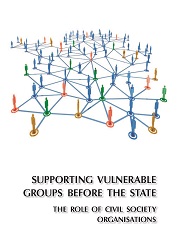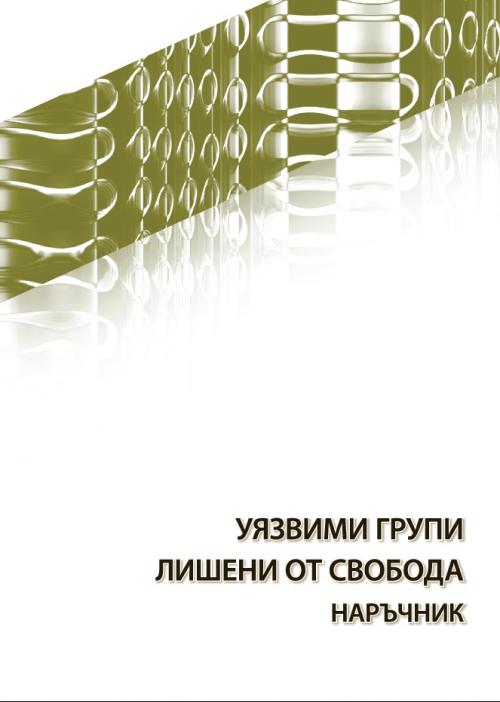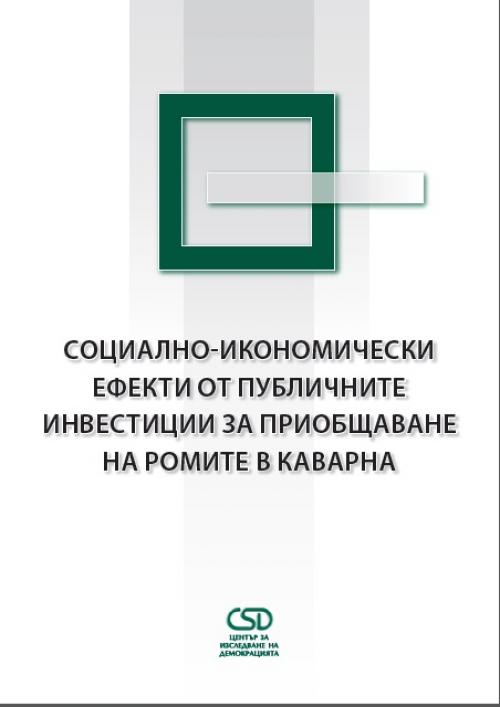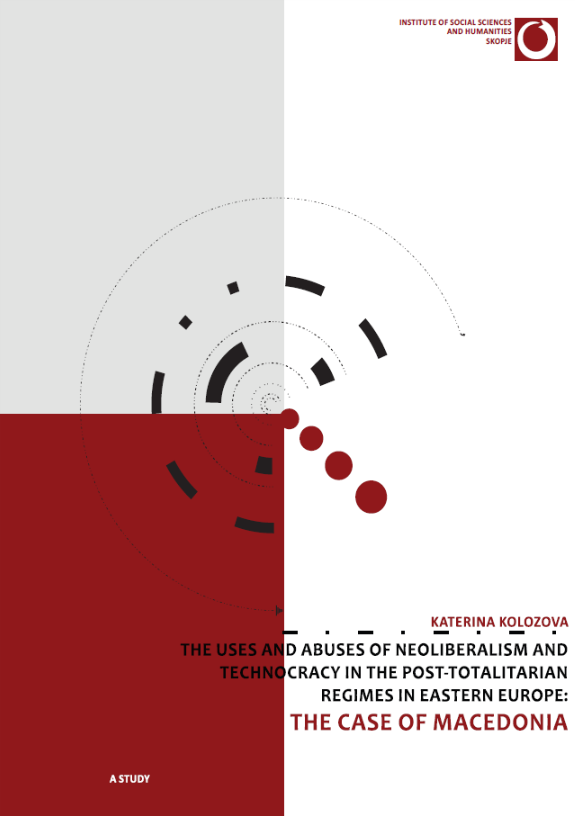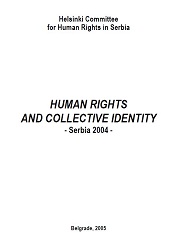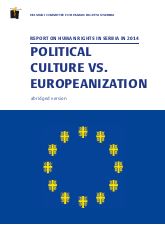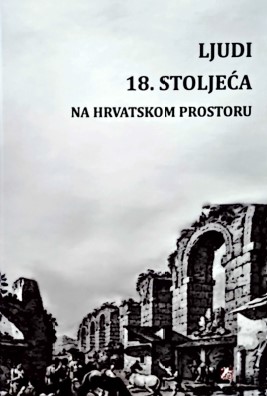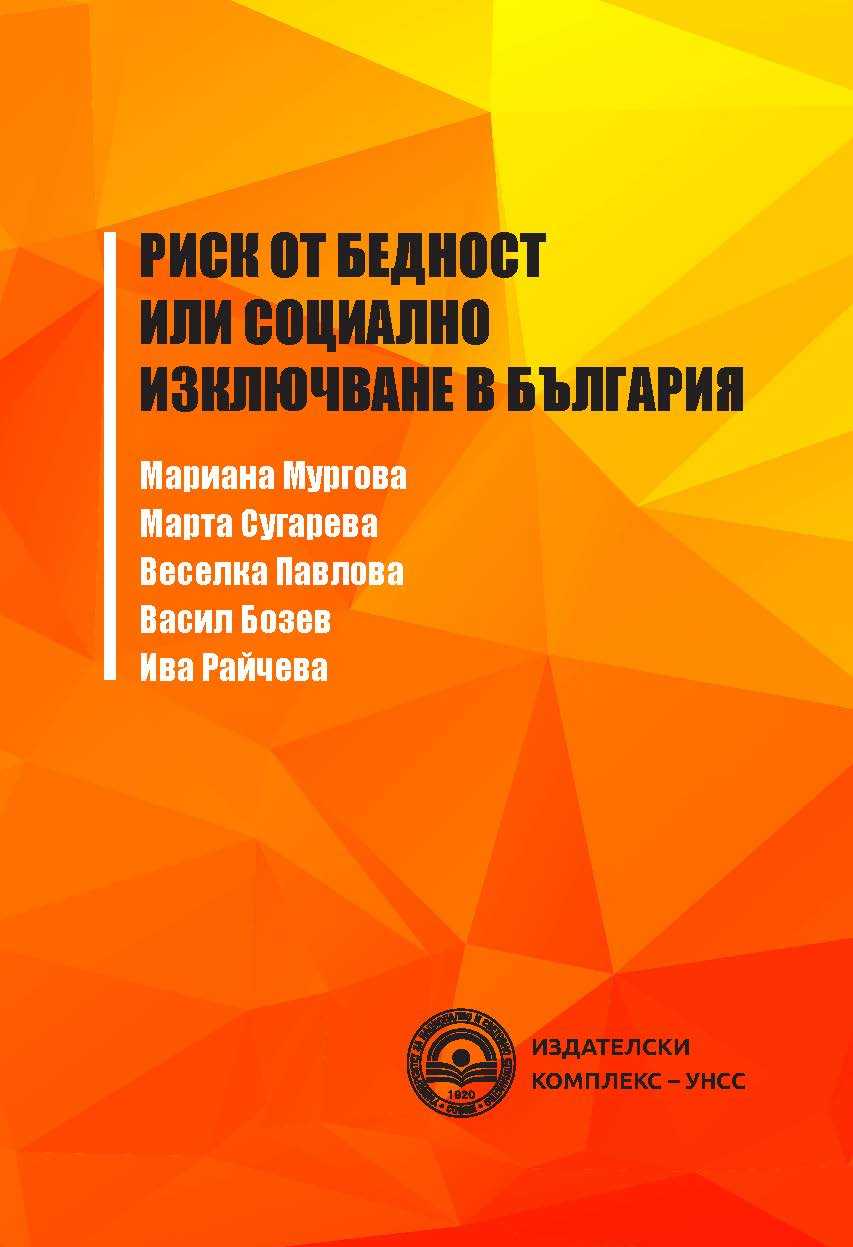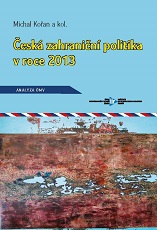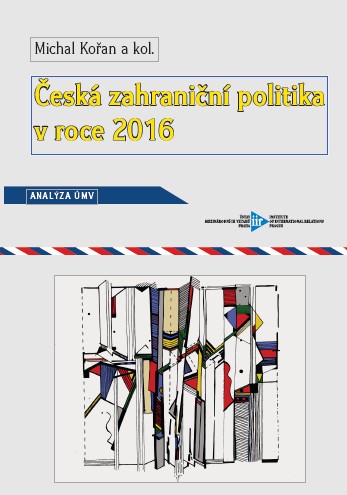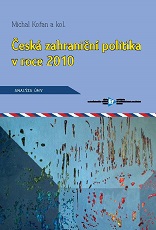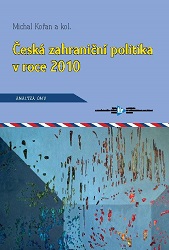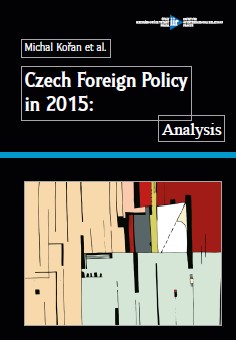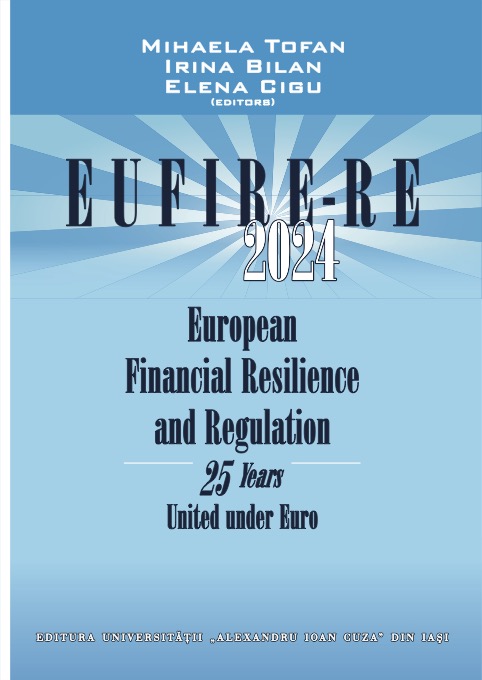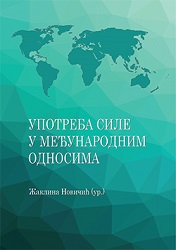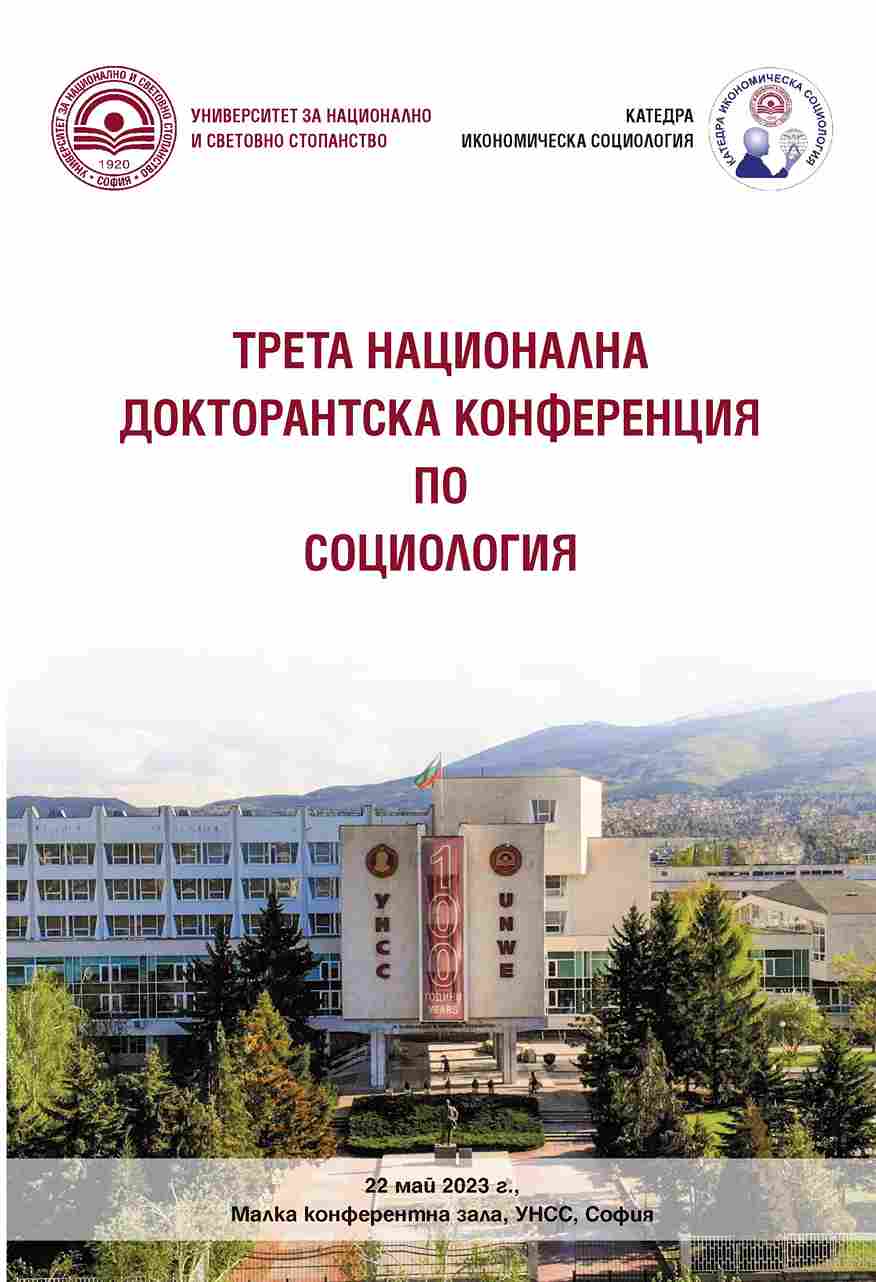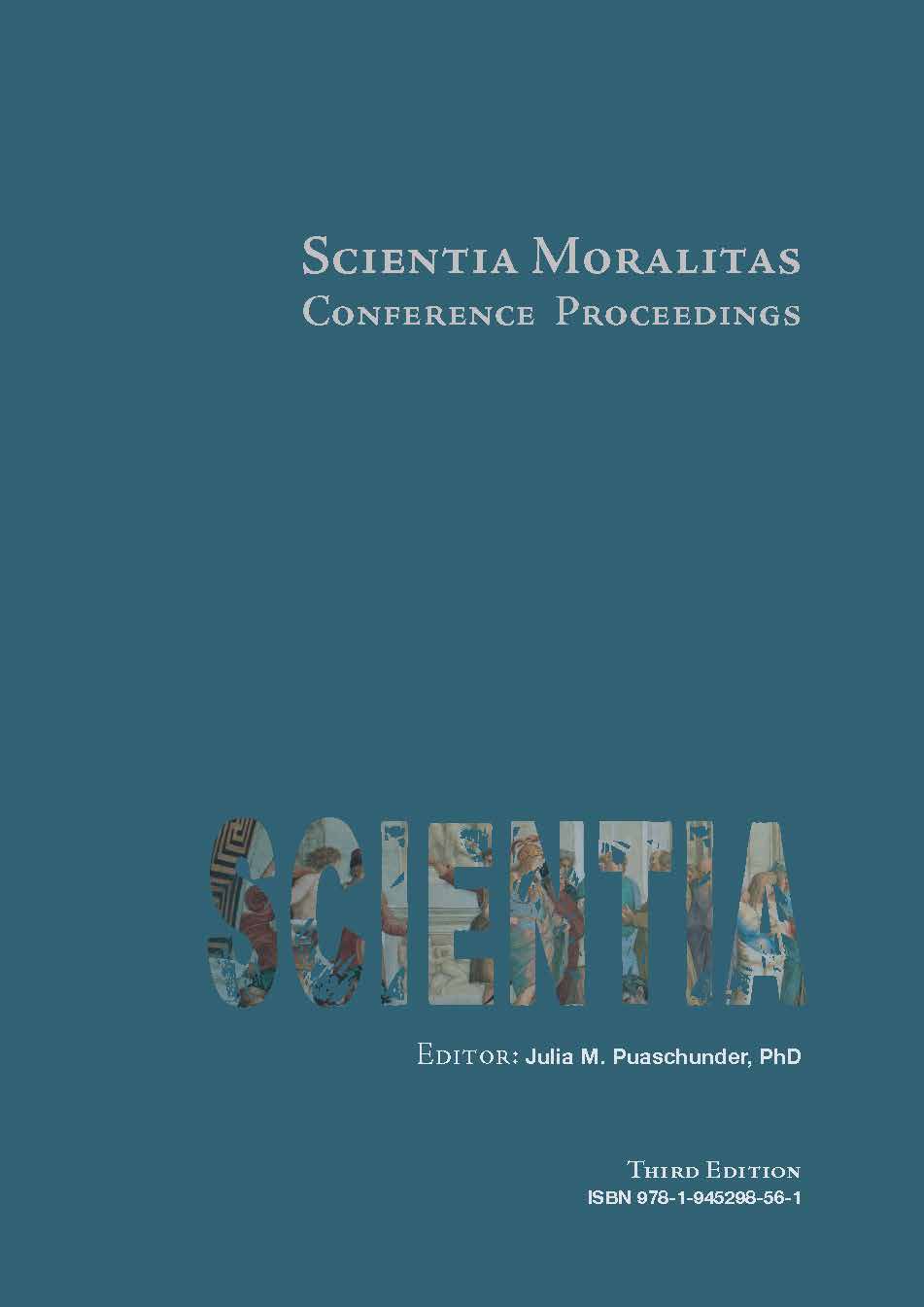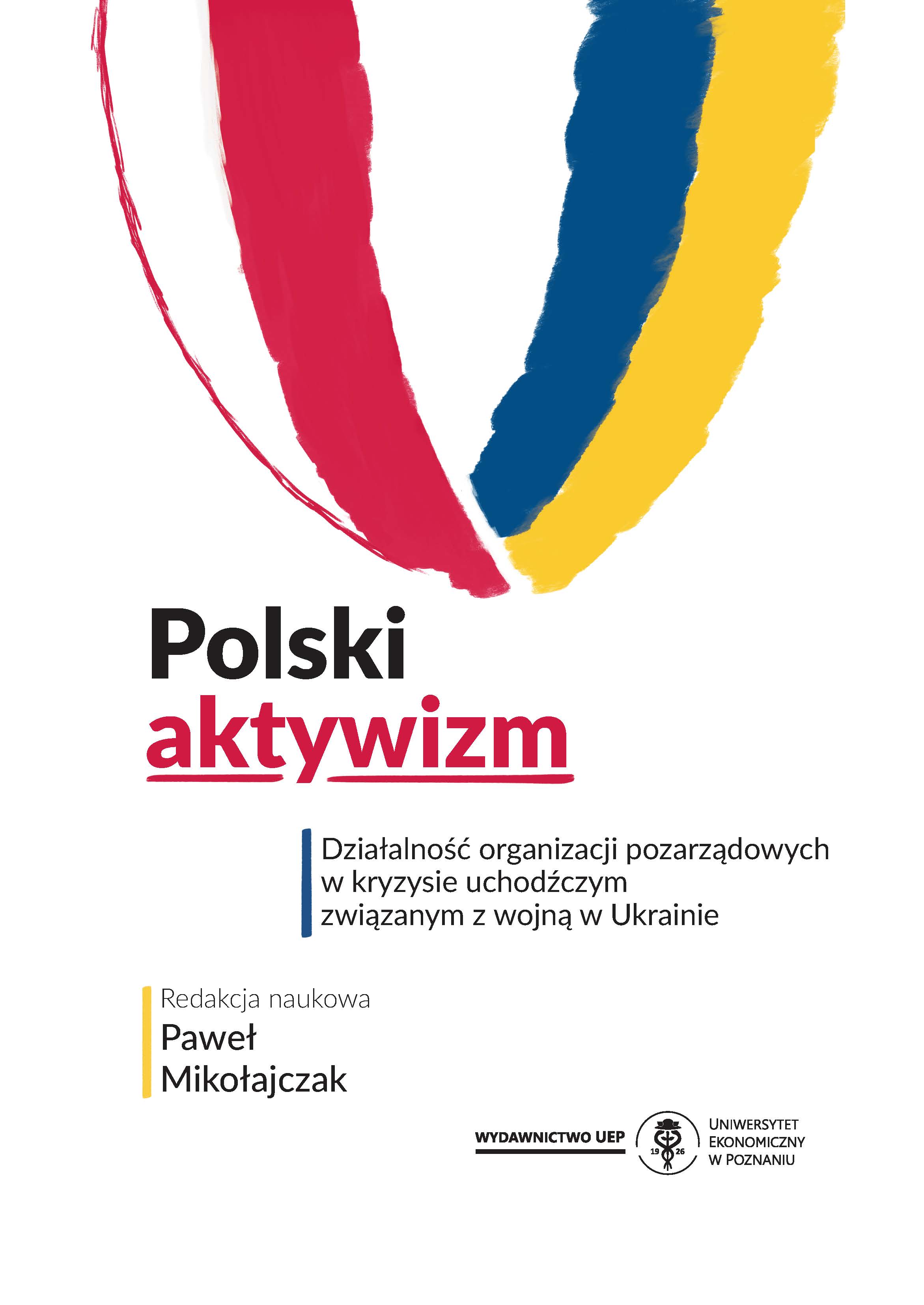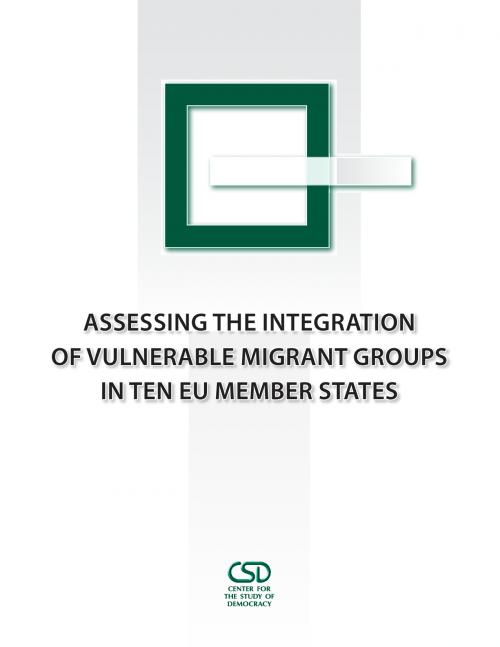
Assessing the Integration of Vulnerable Migrant Groups in Ten EU Member States
This publication presents the results of a comparative monitoring study of the integration policies and outcomes for third-country-national (TCN) women, TCN children and TCN victims of trafficking in ten EU member states: Austria, Belgium, Bulgaria, Greece, Hungary, Italy, Malta, Poland, Slovakia and Spain. The study produced findings at two levels of analysis: an in-depth assessment of how migrant integration policies and programmes meet the needs of vulnerable migrant groups, and an assessment of their integration outcomes. Drawing on the analysis of these findings, the publication provides recommendations for improving monitoring mechanisms for migrant integration at the national and EU levels and for elaborating policy approaches for better integration of vulnerable migrants.
More...
